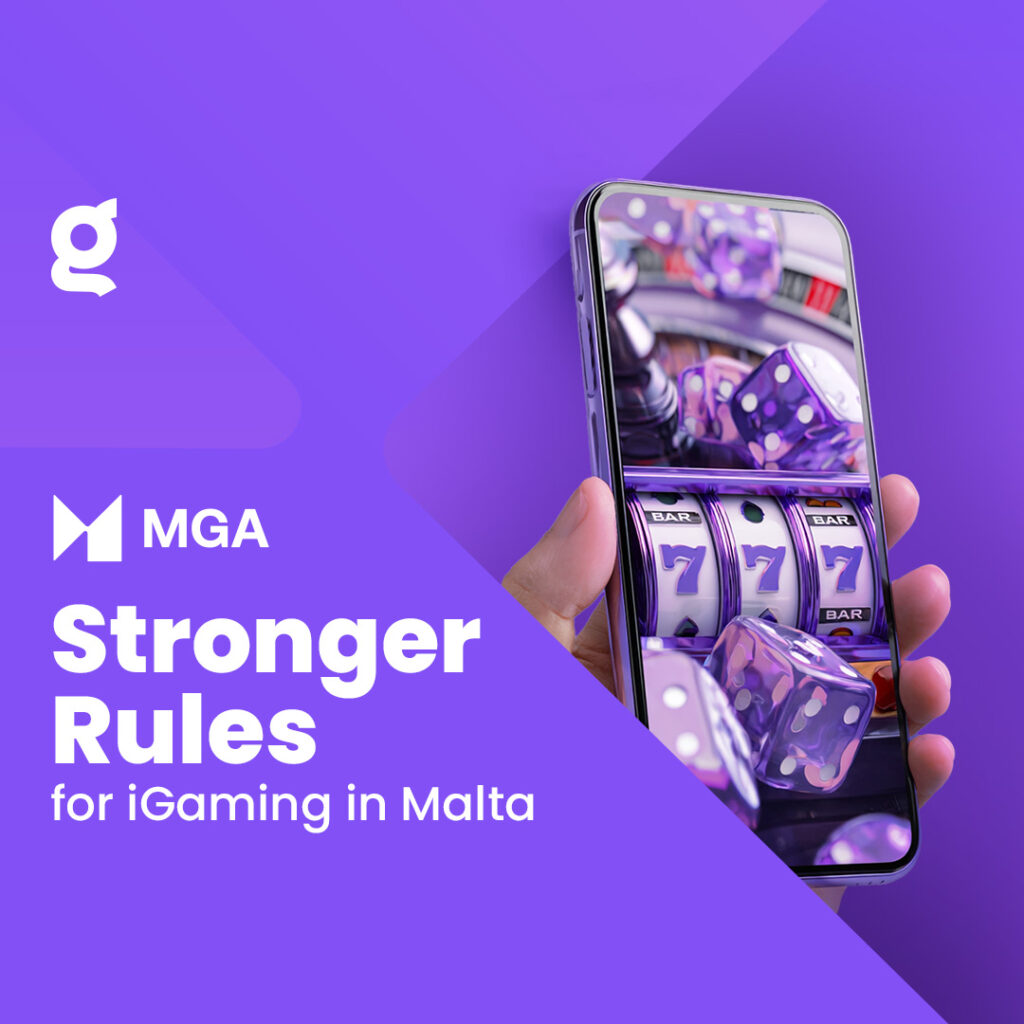- Media
Malta Gaming Authority enforces Capital Requirements Policy

The Malta Gaming Authority (MGA) has set out strict financial rules for gambling companies, reinforcing the island’s reputation as a safe and well-regulated hub for online gaming. Its newly published Capital Requirements Policy makes one thing clear: operators must have the financial resources to stay afloat, or risk losing their licence.
Under the policy, all licensees, whether running online casinos, betting platforms, or providing essential gaming software, must maintain a minimum share capital. Depending on the type of licence, this ranges from €40,000 for critical supply providers up to €100,000 for some gaming services, with multi-licence operators capped at €240,000. Corporate groups can split this capital across different entities, but the total still counts.
Licensees must also maintain a Positive Equity Position, meaning their assets always outweigh liabilities. If a company ends a financial year in negative equity, it has six months to restore its financial health. This can be done through fresh capital, converting shareholder loans, or reclassifying reserves, allowing companies to use their funds for operations rather than locking them away.
Business-to-business suppliers, which often face high start-up costs but lower risk, are given some leeway: negative equity is tolerated up to €3 million before intervention is required. In exceptional cases, the MGA can demand earlier action to protect stability.
The policy also allows for flexibility. Companies struggling to restore equity may receive temporary exemptions if the wider group shows financial strength, or if safeguards like asset pledges, guarantees, or insurance are in place.
Non-compliance has consequences. The MGA can take enforcement action if operators fail to meet these obligations, which apply continuously throughout the life of the licence. Companies with negative equity as of the end of 2024 have up to five years to recover, but must submit detailed recapitalisation plans approved by the regulator, outlining how they will restore financial stability.
The MGA’s message is clear: strong finances are key to a reliable gaming industry. By asking operators to keep solid reserves and positive equity, Malta is making sure they can handle shocks, protect players, and keep the country’s reputation strong.
This is about safeguarding the iGaming sector, giving players confidence, and making sure Malta remains a safe, sustainable home for online gaming.



